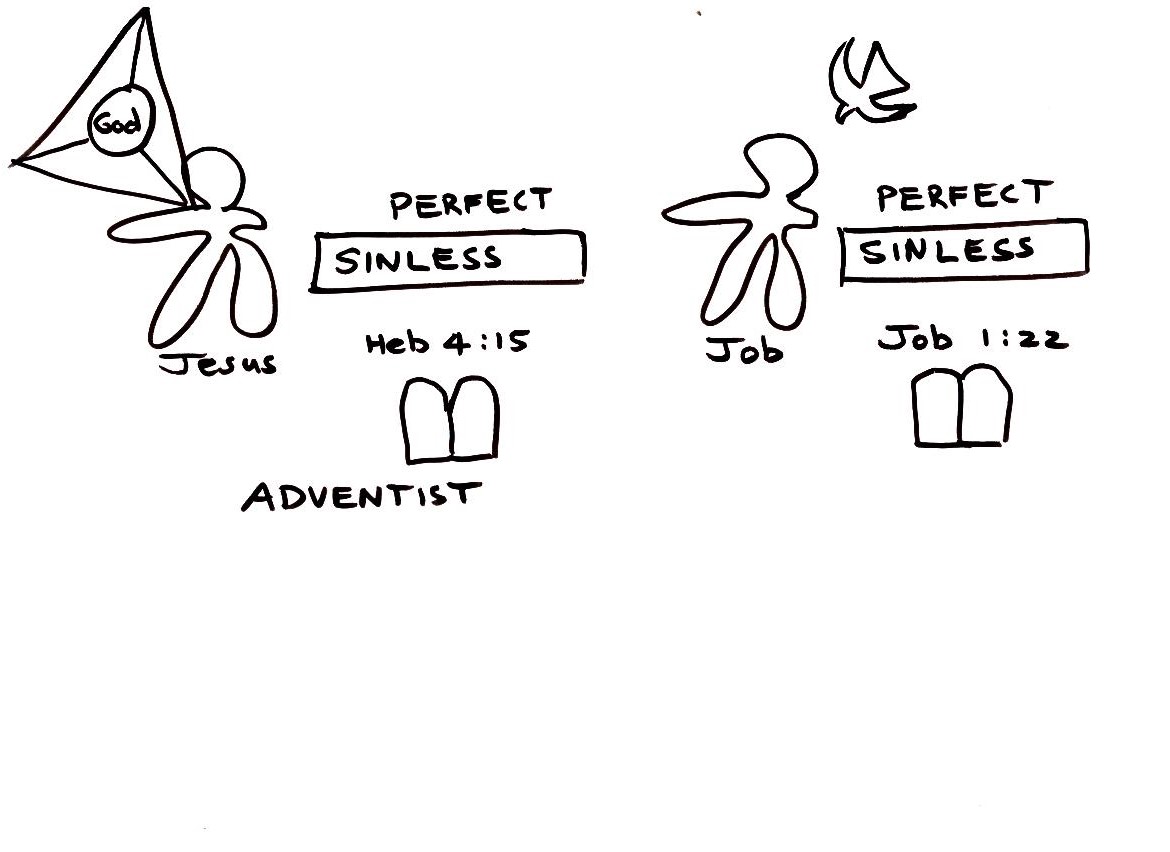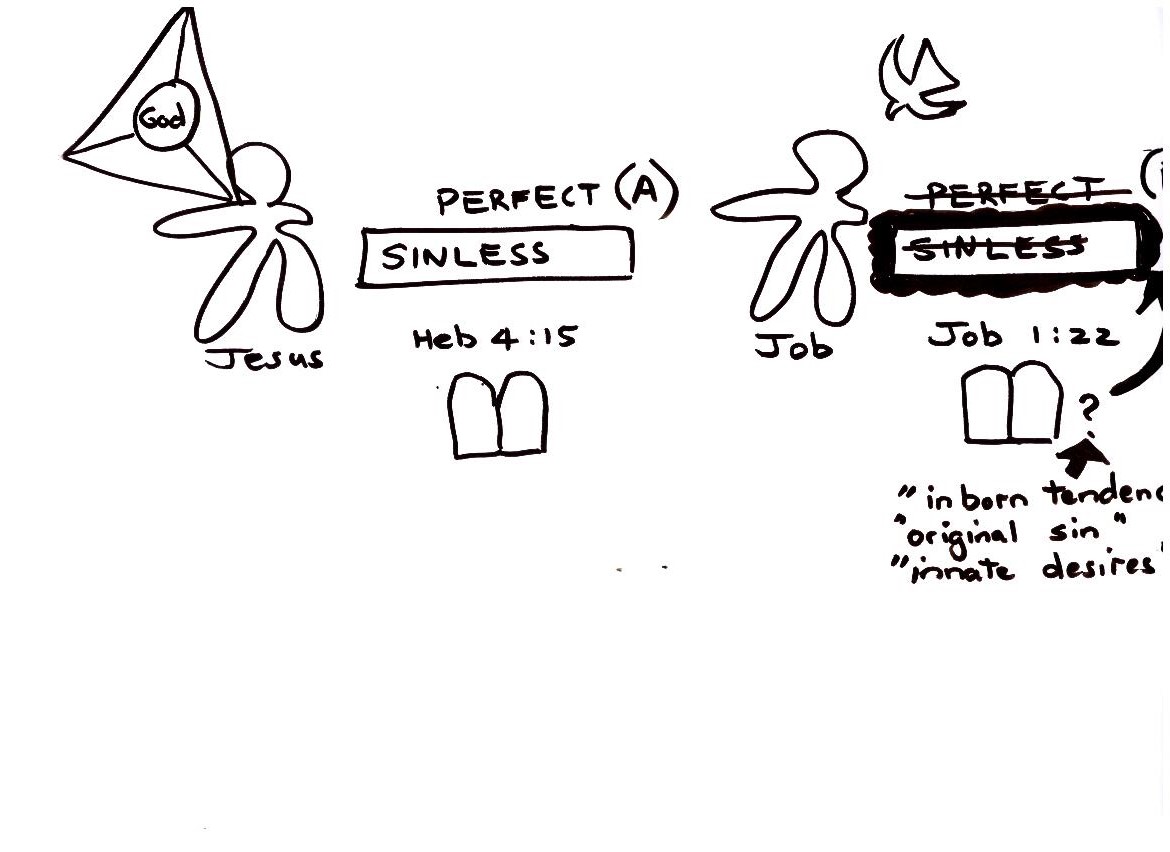erfection
or Perfections, Law or Laws, Sinless or Sinlesses?
Koot van Wyk (DLitt et Phil; ThD)
If you
are long enough an Adventist, and preferably one who is 51 years in the Church,
you can see at least two kinds of views on Perfection. The one grounded in
Ellen White, Adventist Pioneers, and biblical exposition. The other one
grounded in selections from Ellen White, Pioneers and Augustinian-Calvinistic
twists in the biblical exposition. Original Sin is not an Adventist nor
biblical position but is very famous among Protestant churches and Catholics
including those who hang onto Augustine’s expositions.
An
Adventist will say that you can keep the law and Christ came to show us that. A
Reformed influence Adventist will emphasize that your best works are still
tainted with sin.
This
leads to two concepts of Perfection. Whereas the Adventist, Ellen White and
biblical position is that there is only one kind of perfection and one that is
mirrored by the same Law of God, the Reformed influenced hybrids of Adventist
theologians, scholars, doctorates, pastors, professors, teachers and others,
claim that we have innate tendencies, sinful desires, inborn tendencies and
even original sin that makes it impossible for us to claim perfection. Ever.
Well,
look at two texts: Hebrews 4:15 that says Christ was sinless and Job 1:22 that
says Job was sinless. Are we going to say that Jesus’ perfection is not the
same as Job’s perfection because Job could not possibly be perfect due to
innate desires, sinful tendencies, inborn passions of original sin? Well that
is what some in our church are preaching and I myself went through a period of
decades doing exactly the same.
Below
are two diagrams in which one is claiming that there is only one kind of
Perfection and one Law that defines that perfection. The other view is that
there are two kinds of perfection: Perfection (A) which is Christ’s absolute
perfection and Perfection (B) which is our relative perfection. The second view
also denies (implicitly) that the Bible is correct that Job was sinless.

Adventist, Ellen White and
Biblical Harmonized Position on Perfection

Adventist professed but
Calvinist Reformed Influenced Position on Perfection
A
Systematic Theology professor of mine taught us the second view when I was a
student. His view was that a Christian can never claim perfection and that
Christ did all at the cross including our sanctification. His argument was that
if your works count or is sinless or can be sinless, then you can be your own
savior.
The
other side of the coin is this: the sinlessness of a human cannot save us ever.
Even if a baby is sinless and dies, the baby dies and cannot resurrect
himself/herself. Thus, Christ, Who is divine and human is the bridge between
humans and God and can save.
It is
thus good for us to keep our eyes open when a pastor preaches, whether he is
interpreting the Bible to read the one or the other model mentioned above.
When the
Bible says we are born in sin, it means not innate original sin as Augustine
and Calvin interpreted it, it means “in an environment that surrounded us with
sin”.
When
Paul says the good that he wants to do he cannot (Romans 7) it was Saul
speaking not Paul. Scholars do not agree, inside Adventism as well as outside
Adventism depending on which model they adopted supra.
















